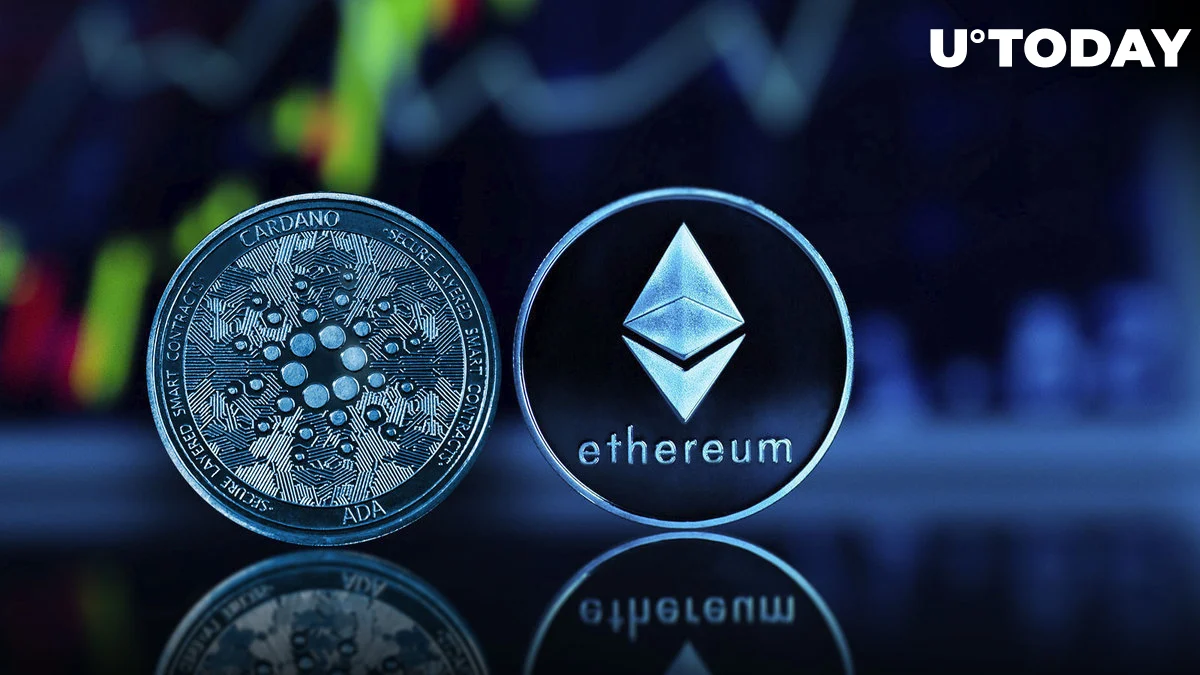
The Djed stablecoin protocol is coming to Milkomeda-C1, the Cardano sidechain that is EVM-compatible, according to the Layer 2 protocol Milkomeda.
Milkomeda C1, which was introduced in March 2022, facilitates the integration of Ethereum dApps into the Cardano ecosystem. Due to Milkomeda C1’s EVM compatibility, users may now access a wide variety of dApps.
Just a few months after the stablecoin premiered in late January of this year, the Djed protocol will now be published on the sidechain, marking its third deployment.
Additionally, it will be the first time that Djed has been deployed using the Solidity smart contract programming language, paving the way for its future extension to a number of other EVM-compatible blockchains.
The deployment on Milkomeda-C1 is based on version O (Osiris) of the protocol, according to a blog post by Djed Alliance, the steward of the Djed Stablecoin Protocol, which supports various implementations and deployments of the protocol on multiple blockchains and encourages productive collaboration between them.
The first totally autonomous deployment would be on the sidechain. In Djed’s Version O, prices are checked every 10 seconds to account for delays and a transaction limit is provided to prevent reserve depletion in the event of oracle delays. This new oracle is managed by Milkomeda’s nodes.
The main point of distinction for Osiris is that it permits simultaneous sales of reserve coins and stablecoins back to the Djed contract regardless of the reserve ratio as long as the transaction does not reduce the reserve ratio.
A “reserve coin” in the Djed protocol designates possession of a fraction of the base coin’s reserves’ surplus.


















